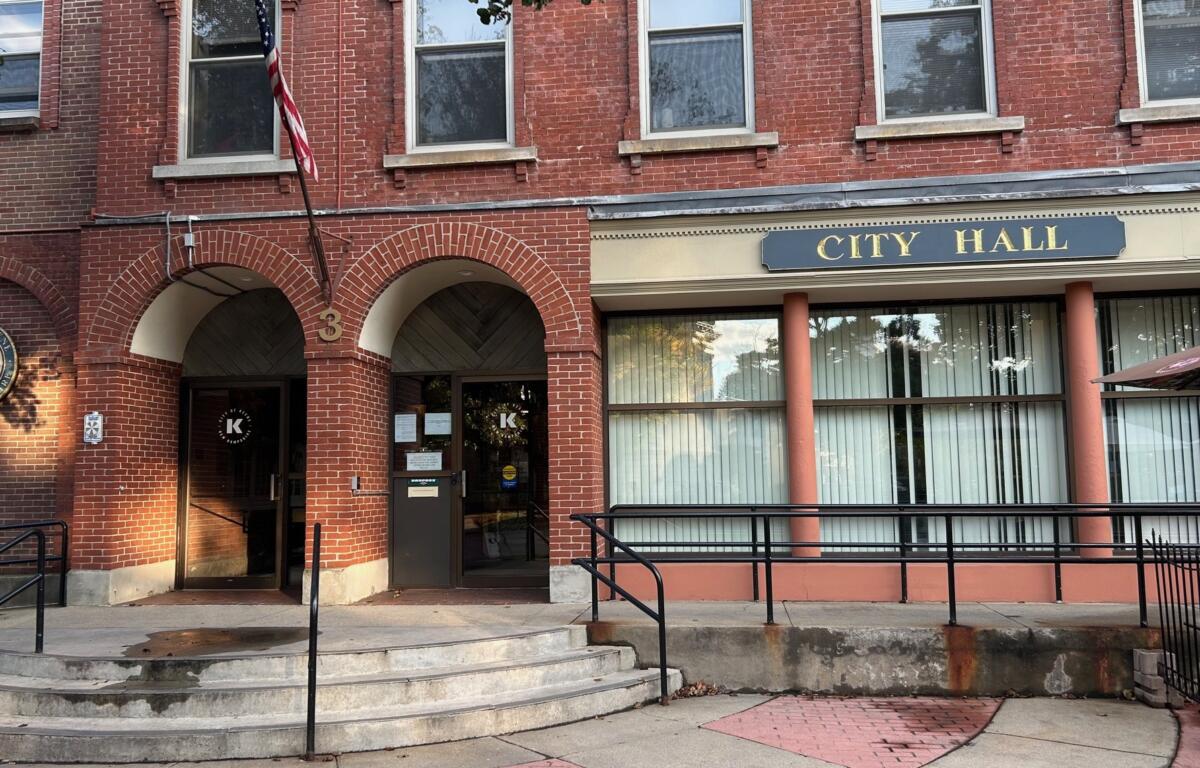KEENE, N.H. (MyKeeneNow) Keene city councilors spent more than an hour Wednesday night debating the future of a small city-owned green space on Church Street before narrowly recommending its sale to a private abutter.
The Municipal Services, Facilities and Infrastructure Committee voted 4–1 in favor of the proposal, which will now head to the full city council. Even if councilors endorse the recommendation, officials stressed that the sale is not guaranteed.
The property, located at 100 Church St., has long drawn complaints about loitering, drug use, and other nuisance activity. Some residents and councilors argued that selling the lot would reduce those problems and ease demands on police. Others urged the city to preserve the space and consider alternatives such as turning it into a pocket dog park or adding lighting and fencing.
Bike lane rules put on hold
The committee also reviewed draft rules for the new bike lanes being built as part of Keene’s downtown infrastructure project.
The proposed ordinance would reinforce state requirements—such as the ban on riding bicycles on downtown sidewalks—and clarify local expectations, including restrictions on parking in bike lanes. Councilors also discussed safety questions around electric-assist bicycles, with Councilor Mitch Greenwald suggesting limits on powered use within the lanes.
City Attorney Amanda Palmeira was asked to research the city’s authority under state law before the committee takes further action. In the meantime, city staff are planning a public education campaign using signs, brochures, and social media to help explain the rules once they’re finalized.
Project updates and other business
Public Works Director Don Lussier told the committee that the downtown project will be put out to bid in October, with submissions due by mid-December. Construction is expected to begin in the new year.
As part of that work, the committee gave informal support for using exposed aggregate concrete for the bike path surface. Supporters said the textured finish would slow cyclists and visually separate the lanes from sidewalks, though it may prove less forgiving in a fall.
Project ombudsman George Downing said his role has largely been explaining past council decisions—such as the choice to include bike lanes in the redesign—to residents still opposed to the plan. He added that while office hours have been quiet so far, more feedback is expected once construction begins.
In other business, councilors briefly revisited plans to realign Grove Street with Community Way, a project that will improve traffic flow and help Habitat for Humanity maximize use of nearby land.
The full City Council is expected to take up the Church Street recommendation at its meeting next week.




